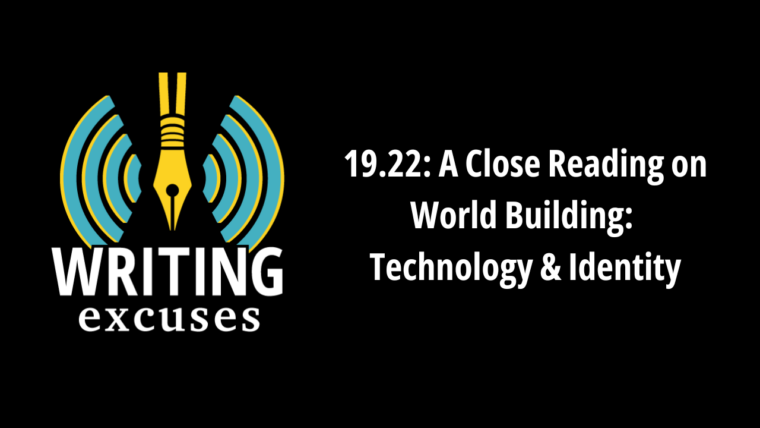The imago technology lies at the heart of this novel thematically and narratively. How does this technology create a world, delineate Mahit’s culture from Teixcalaan, and ask enormous questions about identity and empire? Thing of the Week: “Rotten” (Documentary Series available on Netflix) Homework: Come up with three technological or magical…



